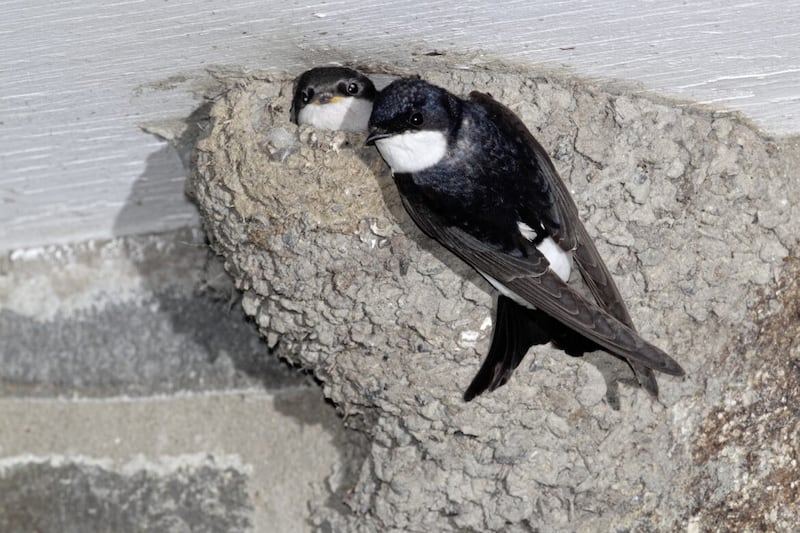ST DYMPNA’S Amateur Dramatic Society Dromore has been presenting plays to local and neighbouring audiences for over a century. I am fortunate to have been a brief part of their long history, performing on stage, and contributing in other ways.
In 1994 the group staged John B Keane’s famous play Sive, when I was cast as Carthalawn, son of the colourful Pats Bocock, under the direction of Seamus Mc Nabb, a name synonymous with drama in the parish and further afield.
After being rejected by the Abbey Theatre, Kerry writer Keane’s play was first performed by Listowel Drama Group in his native town, Listowel, in 1959. The tragic tale tells the story of the cynical matchmaker Thomasheen Seán Rua’s plan to match a young girl with an elderly bachelor farmer and the disastrous consequences which follow.
During an encounter between Pats Bocock and the scheming Thomasheen, Carthalawn delivers this full-blooded curse;
"May the snails devour his corpse, / and rains do harm worse, /May the devil sweep the hairy creature soon, / He’s as greedy as a sow, / as a crow behind the plough / The black man from the mountain / Seánín Rua’’.
Although the term ‘curse’ is narrowly interpreted as a swear word or an expletive as part of foul language, it has a much more powerful and deeper meaning in the Irish psyche.
In The Book of Irish Curses (1974), Patrick Power, states that the word has been borrowed from a ninth century Irish word, ‘cúrsachadh’, no longer found, meaning ‘abuse’ which now has a permanent home in the English language.
A synonym for curse, ‘malediction’, derives from the Latin words ‘maledictionem/maledicere’ meaning ‘to speak evil of’ or ‘to curse’, while the modern Irish word ‘mallacht’ also comes, it seems, from the same source as malediction.
This nudges us towards a more expansive understanding of curse, as words or phrases uttered with the intention of bringing about evil or misfortune to someone. In societies long ago the curse was used by an aggrieved person as a powerful weapon to redress some wrong, something which was very important for those who had little defence against the rich and powerful. Not to be shunned, many types of curse became familiar, like the hereditary and historical curse or the much-feared priest’s curse.
Our birds too have featured in many Irish curses, both in Irish and English, like Nár fheice tú an chuach ná traonach arís; May you never see the cuckoo or corncrake again.
Curses were graded in terms of severity depending on the perceived grievance. A lenient one might urge ‘a magpie on your wheat field gate’, while a stronger hex might be the ‘curse of the goose that lost the quill that wrote the Ten Commandments on you’.
If really annoyed with someone, the following may be necessary: ‘With all your money, airs and graces, may you be left where the crows don’t sh**e.’
A curse said to have come from a bird itself, the robin, was vocalised when the bird discovered its nest was robbed: ‘If it’s a little person, who took my nest / May God give him good sense / If it’s a big person who took my nest / May God send him to death.’
Maybe our attitude to the Irish curse is best summed up by the words of Peig Sayers, author and seanchaí from the Great Blasket Island, Co Kerry; "If curses came from the heart, it would be a sin. But it is from the lips they come, and we use them only to give force to our speech, and they are a great relief of the heart."







